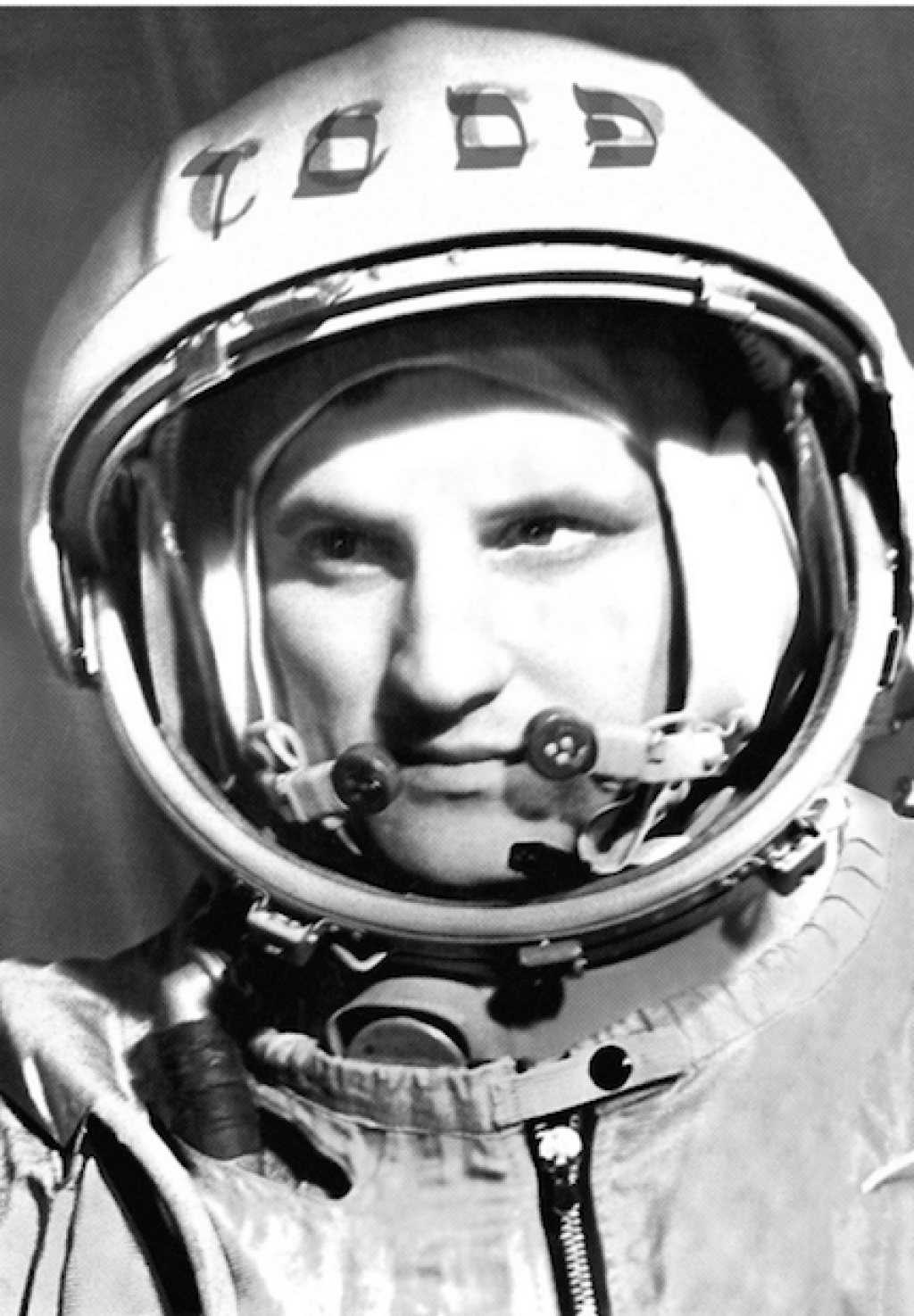Jussi Lassila and Ryhor Nizhnikau are Senior Research Fellows at the Finnish Institute of International Affairs.
The Russo-Ukrainian war has had a drastic impact on the entire region around the two countries. Putinʼs war of aggression has accelerated the long-lasting weakening of Russiaʼs influence in the territories of the former Soviet Union, while also deepening the region’s societal divides.
Many former Soviet republics within Russiaʼs sphere of influence have sought increasingly explicit ways to distance themselves from Moscow. By contrast, the Eastern European political left, which has made modest attempts to modernize over the last decades, has had to double down on seeking the Kremlin’s support. This course of action has either accelerated their movements’ demise or forced them into new balancing acts. Three countries that inherited patrimonial communist parties from the Soviet Union—Russia itself, Ukraine, and Moldova—are central in this regard.
For Russia and Ukraine, the war has become a historic game-changer in terms of their respective international positions, domestic politics, and plans for future development. In Ukraine, where political life has been suspended under martial law, the left has further weakened. The pro-Russian Communist Party of Ukraine (CPU), which had been banned under the 2015 decommunization laws yet continued to function, supported the invasion, a choice that de-facto ended its existence. Overall, the Ukrainian political system has recalibrated to eradicate any Russia-connected or -subordinated political project.
The new left—mainly a diluted grassroots movement that supports the national resistance against Moscow—does not have clear electoral prospects. Even if public demands for socio-economic justice and an improved welfare state continue to dominate societal attitudes, the absence of any elections in the foreseeable future, and the dominance of populist political projects, prevent their appearance on the national stage. The declining socio-economic situation and post-war challenges may offer new-left projects unseen electoral opportunities—though only in the distant future.
The war’s effects on Russiaʼs domestic politics have been equally drastic. Before February 2022, critical discussion on socio-political problems by the systemic opposition, although strictly controlled, at least existed in some form. Since then, however, it has been effectively frozen. As the Kremlin prioritizes the military and the war effort, cumulative societal problems re-emerge with a vengeance. In the context of war, Putin’s dictatorship regards oppositional criticisms as acts of disloyalty to a common “patriotic duty.”
Strikingly, the destruction of even the minor space for political dissent that had existed prior to the invasion has not aroused enough dissatisfaction that the regime has had to expend official resources on quashing it. The main reason for this seeming apathy is Russia’s underdeveloped party system, which was already on the verge of death before February 2022. In the Duma elections of 2021, the Communist Party of the Russian Federation (CPRF), Russia’s oldest party, showed its potential as an organizational platform for a broader opposition. This potential managed to exist despite the official position of the party’s old and stagnant leadership as a neo-Stalinist, conservative ally for Putinʼs policies. Many of the CPRFʼs regional operatives were profiled as genuine opposition actors, but were repeatedly silenced by the parent party—either for the sake of avoiding partisan strife, or at the behest of the presidential administration.
After February 2022, the CPRFʼs longstanding and militant anti-Westernism has, in the eyes of the party leadership, undoubtedly materialized as the conflict between the “imperialist-fascist” West with the Soviet Union’s legacy. The CPRF considers this position, on which todayʼs Russia already relies, as absolutely crucial for Russia’s future. The party’s recent “opposition” to Putinʼs imperialist invasion has paradoxically manifested in extreme war enthusiasm, with leaders criticizing the Kremlin for its lackadasical attitude toward destroying Ukraine and the West. The CPRF has also demanded a total mobilization of society and the economy in the vein of Stalinist war communism.
Russia’s war of aggression and Putin’s mounting dictatorship have sealed the harsh fate of systemic parties—especially the CPRF, which had the most genuine oppositional potential. At the same time, the war may have created new opportunities on the Russian left. Cumulative social problems, exacerbated by the war, along with fatigue with war as such could boost the CPRFʼs protest potential, as formed especially during the COVID-19 pandemic. For now, however, the party leadership’s loyalty to the Kremlin, combined with the almost total repression of criticism of the war, has prevented this potential from coming to fruition. With the wholesale suppression of Russia’s political opposition, the CPRF can only repeat the conservative party line, further aligning itself with Putin’s dictatorship.
Beyond the countries directly affected by Russia’s war, the Eastern European left has been drastically reshaped by the new geopolitical environment and a radicalization of domestic politics. Moldova is a case in point. While the government has aligned with the West on the war, the political left took a more opportunistic position. Tuned into Russian propaganda narratives, this position also echoes the sentiments of a significant part of the electorate, which wants to stay away from the war and maintain an illusion of multi-vectorism.
This position makes the Moldovan left—which managed to reform itself away from its patrimonial roots, unlike the communist parties in Russia and Ukraine—vulnerable to Moscow’s foreign policy adventurism. The ongoing artificially-created energy crisis in Transnistria is a prime example of such undue influence. Even as Moscow deliberately places the Transnistrian population on the brink of humanitarian catastrophe, the Moldovan left continues to side with Russia. In light of Russia’s imperial ambitions and the pivotal parliamentary elections coming up this year, the actions of Moldova’s left push the country toward a precarious future.



